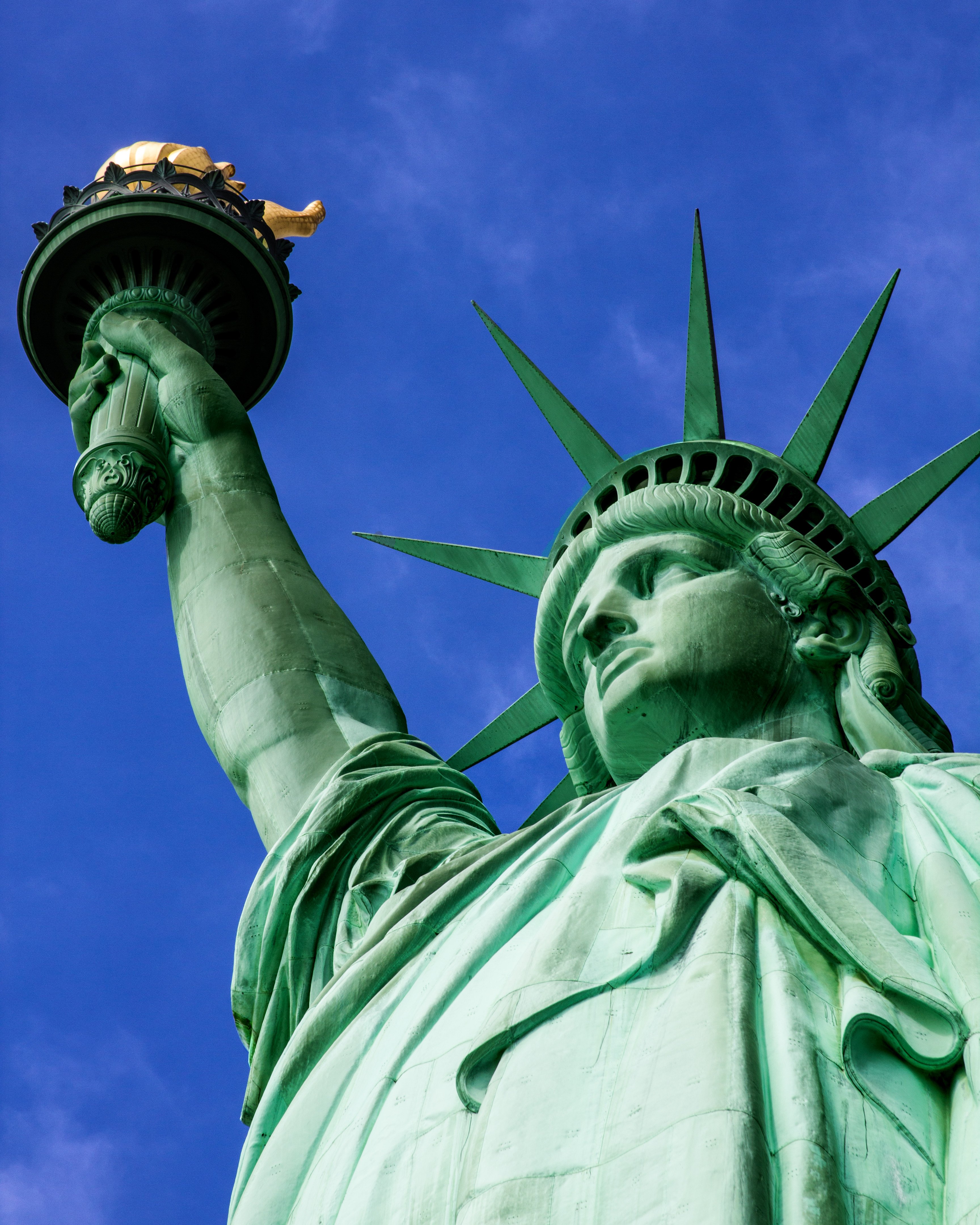🇺🇸map United States [Safety]

Government and Political Stability
The United States is a federal republic with a strong separation of powers among the executive, legislative, and judicial branches. Transitions of power follow established constitutional processes, even when politics gets heated during election years. Protests are common and usually peaceful, especially around major cities and college towns, but they can occasionally disrupt traffic or public transit. Democratic institutions, the rule of law, and a free press are robust, though political polarization can lead to sharp rhetoric and periodic demonstrations. Corruption is relatively low by global standards and typically addressed through legal and media scrutiny, which helps sustain overall institutional stability.
Economic Stability
The U.S. hosts the world’s largest economy and a diversified job market, particularly strong in technology, healthcare, finance, and logistics. Inflation has fluctuated in recent years, but the U.S. dollar remains a stable global currency, and the banking system is well-regulated with widespread access to digital payments. For expatriates, job prospects vary by city and visa category, with hubs like the San Francisco Bay Area, Seattle, Austin, New York, and Boston offering deep tech ecosystems but higher living costs. Day-to-day, you’ll find reliable services, consumer protections, and competitive markets, though housing and healthcare costs can be significant and should be part of your planning.
Crime and Personal Safety
Personal safety varies by neighborhood more than by city label. Violent crime is concentrated in specific areas, while most residential and business districts are routine and predictable. Property crimes such as car break-ins and package theft are more common in some urban cores; simple habits like not leaving valuables in cars, using well-lit parking, and receiving packages at secure lockers help. Police responsiveness and community services are generally strong, but it’s wise to learn local norms, follow neighborhood alerts, and use common-sense precautions—especially at night and on public transit in large cities. Digital nomads will find coffee shops and coworking spaces mostly safe, with good Wi‑Fi and active community presence.
Regional Security Issues
The United States has peaceful relations with Canada and Mexico, with busy but well-controlled borders. Border regions can experience heightened law enforcement activity and occasional closures or delays, so carry proper identification and check local advisories before road trips into border zones. There are no internal separatist conflicts impacting daily life. Migration issues primarily affect policy debates and border operations rather than general safety for residents or visitors.
Terrorism and Civil Unrest
The terrorism threat exists but is mitigated by extensive security measures and coordination across federal, state, and local agencies. Large public events, government buildings, and transportation hubs have visible security protocols. Demonstrations are frequent during election cycles or after major news events; they’re usually announced ahead, and local authorities manage traffic and safety perimeters. If you encounter a protest, give yourself extra time, follow police guidance, and avoid confrontational areas—daily life typically continues with minor detours.
Natural Disasters and Environmental Risks
The U.S. spans multiple climate zones, so risks are regional: hurricanes along the Gulf and Atlantic coasts, wildfires and smoke in the West, tornadoes in parts of the Midwest and South, and winter storms in the Northeast and upper Midwest. Earthquakes are a concern in California and parts of Alaska and the Pacific Northwest. Infrastructure is generally resilient, with strong emergency response systems and well-publicized alerts via mobile notifications and local news. Air quality can dip during wildfire season; many residents keep N95 masks and air purifiers on hand. It’s smart to know your local hazard profile, sign up for city alerts, and maintain a basic emergency kit.
Health and Medical Security
Healthcare quality is high, especially in major urban centers with world-class hospitals and urgent care clinics. Access is excellent but can be expensive without insurance, so expatriates should secure comprehensive health coverage from day one. Pharmacies are plentiful, and most common medications are available; bring copies of prescriptions and check if your medicines need a U.S. doctor’s authorization. Tap water is generally safe to drink, and food safety standards are strict. For emergencies, dialing 911 connects you to ambulance, fire, and police services; response times are usually rapid in urban areas.
Travel Advisories and Regulations
Entry requirements depend on your citizenship and visa category; many travelers use the Visa Waiver Program (ESTA) for short visits, while workers and digital nomads typically need an appropriate work or business visa. Always carry ID, respect local laws, and be mindful that federal and state rules can differ, especially around driving, alcohol, cannabis, and firearms. Major governments rarely issue high-level advisories against travel to the U.S., but they do highlight regional weather events or occasional civil unrest hotspots—check advisories and local news if traveling during storm seasons or election periods. Registering with your embassy is a good practice for longer stays.
Practical Safety Tips
- Learn neighborhood patterns before signing a lease; talk to locals and check daytime and nighttime conditions.
- Use two-factor authentication and a VPN on public Wi‑Fi; tech-savvy travelers are sometimes targeted for device theft in busy areas.
- For rides, stick to licensed apps and verify plates; when driving, follow posted speed limits and watch for differing right-of-way rules at four-way stops.
- Keep a small go-bag with power banks, a flashlight, basic first aid, and copies of key documents—especially in disaster-prone regions.
- Maintain robust health, renters, and liability insurance. If consulting or freelancing, consider professional liability coverage and understand local contract norms before starting work.
Raj
Raj is a technology consultant and global mobility specialist originally from Bangalore, India,
with over 14 years of experience in the tech industry and international talent relocation. Having
worked for major technology companies including Infosys, Wipro, and leading global tech firms,
Raj has extensive experience facilitating the relocation of Indian IT professionals to key markets
including Australia, Mauritius, and other Commonwealth nations. His expertise spans both the
technical aspects of skilled worker visa programs and the cultural nuances of adapting to new
markets, particularly for professionals in the technology sector.
Published: 2025-02-11